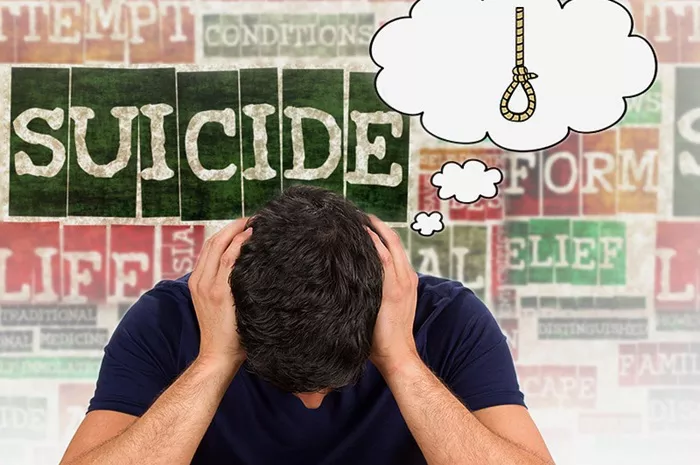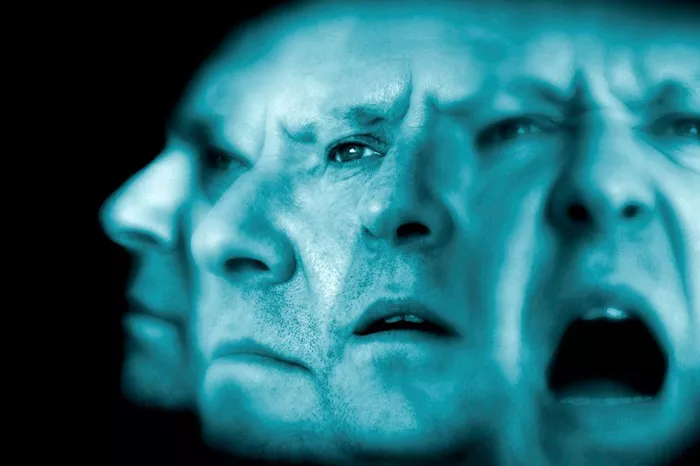Suicidal thoughts are a severe and distressing issue that can arise from complex interplays of psychological, social, and physiological factors. Addressing this critical issue necessitates a compassionate, multifaceted approach. In this extensive article, we delve into various therapeutic strategies recognized for their effectiveness in helping individuals cope with suicidal ideation, aiming to provide a comprehensive understanding for those seeking help.
Understanding Suicidal Thoughts
Before delving into the therapies, it is vital to understand what suicidal thoughts entail and how they manifest. Suicidal ideation can range from fleeting thoughts about death to detailed planning of suicide. These thoughts are often symptoms of underlying mental health disorders, profound distress, or life crises. Recognizing the seriousness of suicidal ideation is crucial in seeking timely and appropriate help.
The Importance of Immediate Help
Immediate Response: The first step in dealing with suicidal ideation is ensuring the safety of the individual. This might involve contacting emergency services, a mental health professional, or hotlines specifically designed for crisis intervention.
Safety Planning: Alongside immediate intervention, developing a safety plan with the help of professionals can be a critical step. This plan typically includes identifying warning signs, coping strategies, and networks of support.
Psychotherapy Interventions
Cognitive Behavioral Therapy (CBT): CBT is widely regarded as one of the most effective therapeutic approaches for managing suicidal thoughts. It helps individuals identify and challenge negative thought patterns and behaviors, replacing them with healthier, more constructive alternatives.
Dialectical Behavior Therapy (DBT): Originally developed for Borderline Personality Disorder, DBT has been highly effective in treating individuals experiencing suicidal ideation. This therapy emphasizes the development of coping skills to manage distress, regulate emotions, and improve relationships.
Psychodynamic Therapy: This approach involves exploring underlying unconscious processes and past experiences that contribute to current feelings and behaviors. Understanding these deep-seated emotional issues can lead to resolution and a decrease in suicidal ideation.
Medication Management
While therapy addresses behavioral and psychological aspects, medication may also be required to manage symptoms effectively, particularly in individuals diagnosed with psychiatric disorders such as depression, bipolar disorder, or schizophrenia.
Antidepressants: SSRIs and SNRIs are commonly prescribed to alleviate symptoms of depression, one of the leading causes of suicidal thoughts. It’s crucial, however, to monitor these medications closely as they can sometimes exacerbate suicidal ideation, particularly in young adults.
Mood Stabilizers and Antipsychotics: For those with bipolar disorder or severe mental health conditions, mood stabilizers and antipsychotic medications can play a crucial role in treatment.
Integrated Approach for Treatment
Combining psychotherapy with medication management often yields the best outcomes. This integrated approach ensures that both the psychological and biological bases of suicidal thoughts are addressed.
Specialized Treatments and Emerging Therapies
Electroconvulsive Therapy (ECT): For severe and treatment-resistant cases, ECT can be an effective option. This treatment involves electrical stimulation of the brain while the patient is under anesthesia and is typically used when other treatments have failed.
Transcranial Magnetic Stimulation (TMS): TMS is a newer form of therapy that uses magnetic fields to stimulate nerve cells in the brain. It’s shown promise in treating depression and could be beneficial for suicidal thoughts when other treatments haven’t been effective.
Ketamine Infusions: Ketamine, an anesthetic, has been found to provide rapid relief from depression and suicidal ideation in some cases. Its use is a cutting-edge area of research in psychiatric treatment.
The Role of Support Groups
Support groups provide a vital platform for individuals dealing with suicidal thoughts to share their experiences and find communal support. These groups can be specific to certain life issues (e.g., bereavement, divorce) or focus broadly on mental health and wellness.
Lifestyle Changes and Holistic Approaches
Physical Health: Regular physical activity and a nutritious diet can significantly impact mental health, improving mood and reducing symptoms of depression.
Mindfulness and Meditation: These practices help individuals focus on the present moment and can reduce the frequency and intensity of negative thoughts.
Adequate Sleep: Improving sleep quality can have a profound effect on mental health. Poor sleep is a significant risk factor for depression and suicidal ideation.
The Importance of Personalized Care
Each individual’s experience with suicidal thoughts is unique, and thus, a personalized approach to therapy is paramount. What works for one person might not work for another, making it essential for treatment plans to be tailored to the individual’s specific needs, circumstances, and history.
Conclusion: A Hopeful Outlook
While suicidal thoughts can be frightening and overwhelming, there are many effective treatments available that can provide relief and a path forward. It is crucial for anyone struggling with these thoughts to seek help immediately. With the right combination of therapies, medications, and support, most people can overcome their struggles and find renewed hope and purpose in life. Always remember, help is available, and with commitment and support, individuals can achieve a healthier mental state.
[inline_related_posts title=”You Might Be Interested In” title_align=”left” style=”list” number=”6″ align=”none” ids=”8259,8262,8267″ by=”categories” orderby=”rand” order=”DESC” hide_thumb=”no” thumb_right=”no” views=”no” date=”yes” grid_columns=”2″ post_type=”” tax=””]

































